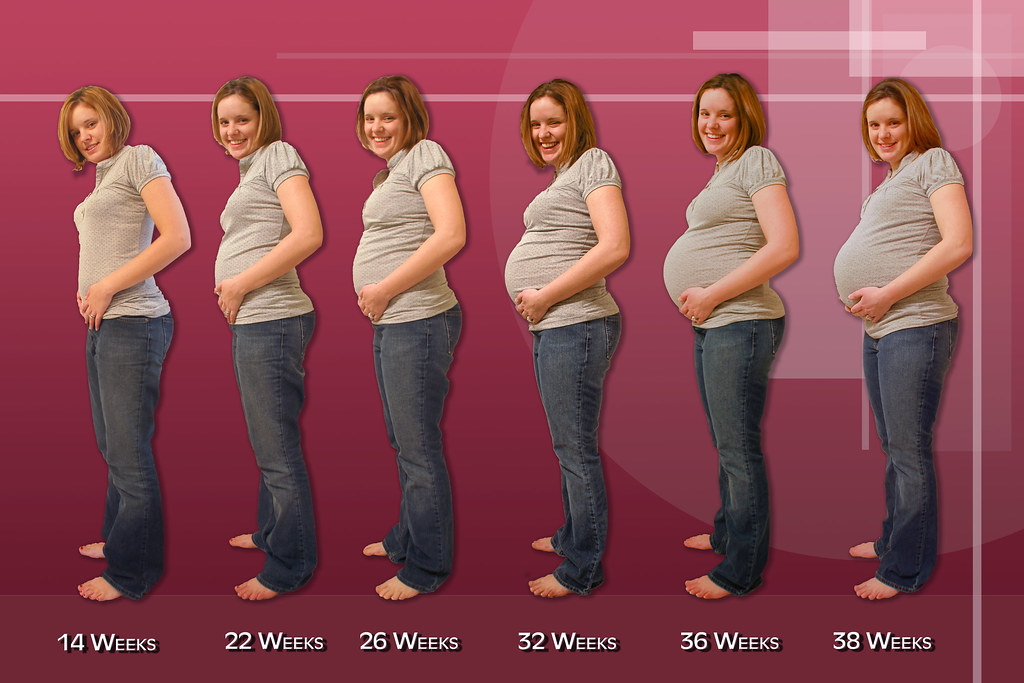Pregnancy Nutrition Guidelines: What to Eat for a Healthy Pregnancy
Welcome to our article on pregnancy nutrition guidelines! Pregnancy is a beautiful and transformative journey for any woman. During this time, taking care of your health and nourishing your body with the right foods becomes crucial.
A well-balanced diet can significantly impact your baby’s growth and development and your overall well-being throughout the pregnancy.
Importance of Nutrition during Pregnancy
Proper nutrition during pregnancy is vital for the expectant mother and the growing baby. The food you consume is the primary source of nutrients for your baby’s development and helps you maintain your health during this crucial period.
Essential Nutrients to Include:
-
- Folic Acid: This B vitamin is essential for developing your baby’s neural tube and reduces the risk of specific congenital disabilities.
-
- Iron: Iron helps produce red blood cells and prevents anemia in the mother and the baby.
-
- Calcium: Calcium aids in the development of your baby’s bones and teeth and supports the mother’s bone health.
-
- Protein: Protein is crucial for the growth and repair of tissues in both the mother and the baby.
-
- Omega-3 Fatty Acids: These healthy fats promote the baby’s brain and eye development.
-
- Vitamin D: Vitamin D aids calcium absorption and is essential for the baby’s bone development.
Foods to Incorporate
Here are some nutrient-rich foods that should be a part of your pregnancy diet:
-
- Leafy green vegetables such as spinach and kale
-
- Fruits like oranges, berries, and avocados
-
- Whole grains such as oats, quinoa, and whole wheat bread
-
- Lean proteins like chicken, fish, and beans
-
- Dairy products like milk, yogurt, and cheese
-
- Healthy fats from sources like nuts, seeds, and olive oil
Food to Avoid
While many foods provide essential nutrients, certain foods should be avoided during pregnancy. These include:
-
- Raw or undercooked meat and seafood
-
- Unpasteurized dairy products
-
- Raw eggs or foods containing raw eggs
-
- High-mercury fish like shark, swordfish, and king mackerel
-
- Alcohol and caffeine
Pregnancy Nutrition Guidelines – Conclusion
Maintaining a healthy and balanced diet is vital for a successful pregnancy. Consult your healthcare provider to develop a personalized nutrition plan that meets your needs.
By nourishing your body with the right foods, you give your baby the best possible start in life!
Are there any additional dietary considerations or modifications for pregnant women with specific health conditions or dietary restrictions?
Pregnant women with specific health conditions or dietary restrictions may require additional dietary considerations or modifications. Here are a few examples:
1. Gestational diabetes: Women with gestational diabetes may need to monitor their carbohydrate intake and follow a specific meal plan to manage their blood sugar levels. They may need to limit their consumption of sugary foods and drinks and focus on consuming balanced meals with adequate protein, fiber, and healthy fats.
2. High blood pressure: Pregnant women with high blood pressure may need to reduce their sodium intake to help manage their blood pressure levels. They may also need to consume foods rich in potassium, magnesium, and calcium, such as fruits, vegetables, whole grains, and low-fat dairy products.
3. Celiac disease: Pregnant women with celiac disease, an autoimmune disorder triggered by gluten, must strictly avoid gluten-containing foods such as wheat, barley, and rye. They can choose gluten-free alternatives like quinoa, rice, and oats.
4. Food allergies: Pregnant women must avoid specific allergens that may trigger an allergic reaction. Common allergens include peanuts, tree nuts, shellfish, and dairy products. They must read food labels carefully and discuss their dietary restrictions with healthcare professionals.
5. Vegetarian or vegan diets: Pregnant women following a vegetarian or vegan diet must ensure they are getting adequate amounts of essential nutrients like protein, iron, calcium, omega-3 fatty acids, and vitamin B12. They may need to incorporate plant-based sources of these nutrients through foods like legumes, tofu, fortified plant-based milk, nuts, seeds, and green leafy vegetables.
Pregnant women with specific health conditions or dietary restrictions must consult their healthcare provider or a registered dietitian for personalized advice and guidance on meeting their nutritional needs during pregnancy.
Are there any specific foods or food groups that pregnant women should avoid or limit in their diet?
There are certain foods and food groups that pregnant women should avoid or limit in their diet. These include:
1. Raw or undercooked seafood, such as sushi or oysters, may contain harmful bacteria or parasites.
2. Raw or undercooked eggs, as they can carry salmonella bacteria.
3. Deli meats or processed meats that may be contaminated with listeria bacteria.
4. Soft cheeses, like feta, Brie, Camembert, blue cheese, and Mexican-style cheeses may contain listeria bacteria.
5. Unpasteurized dairy products, including milk and cheese, as they can carry harmful bacteria.
6. Raw sprouts, like alfalfa or bean sprouts, can harbor bacteria like salmonella or E. coli.
7. High-mercury fish, such as shark, swordfish, king mackerel, and tilefish, as it may harm the baby’s developing nervous system.
8. Excessive caffeine should be limited to less than 200 milligrams per day.
9. Alcohol should be avoided entirely during pregnancy, as it can cause congenital disabilities and developmental issues.
Pregnant women must consult their healthcare provider or a registered dietitian for personalized dietary recommendations during pregnancy.
What role does adequate hydration play in supporting a healthy pregnancy, and what are the recommended fluid intake guidelines?
Adequate hydration plays a crucial role in supporting a healthy pregnancy. It helps maintain proper bodily functions, support the growth and development of the fetus, prevent common pregnancy-related issues, and ensure overall well-being.
During pregnancy, the body’s fluid needs increase due to the increased blood volume, amniotic fluid, and metabolic demands. Staying hydrated can help prevent common issues like constipation, urinary tract infections, and hemorrhoids. It also aids in regulating body temperature, preventing dehydration, and reducing the risk of preterm labor.
Pregnant women’s recommended fluid intake guidelines vary depending on age, weight, activity level, and climate. However, a general guideline is to drink at least 8-12 cups (64-96 ounces) of fluids daily. This includes water, milk, 100% fruit juices, herbal tea, and other non-caffeinated beverages. It is important to note that individual needs may vary, and it is best to consult with a healthcare provider for personalized recommendations.
Pregnant women should also pay attention to the color of their urine. Clear or light-colored urine indicates adequate hydration, while dark yellow urine may indicate dehydration and the need to increase fluid intake.
In summary, adequate hydration is essential for supporting a healthy pregnancy. Following the recommended fluid intake guidelines and staying hydrated can contribute to the well-being of both the mother and the developing fetus.


